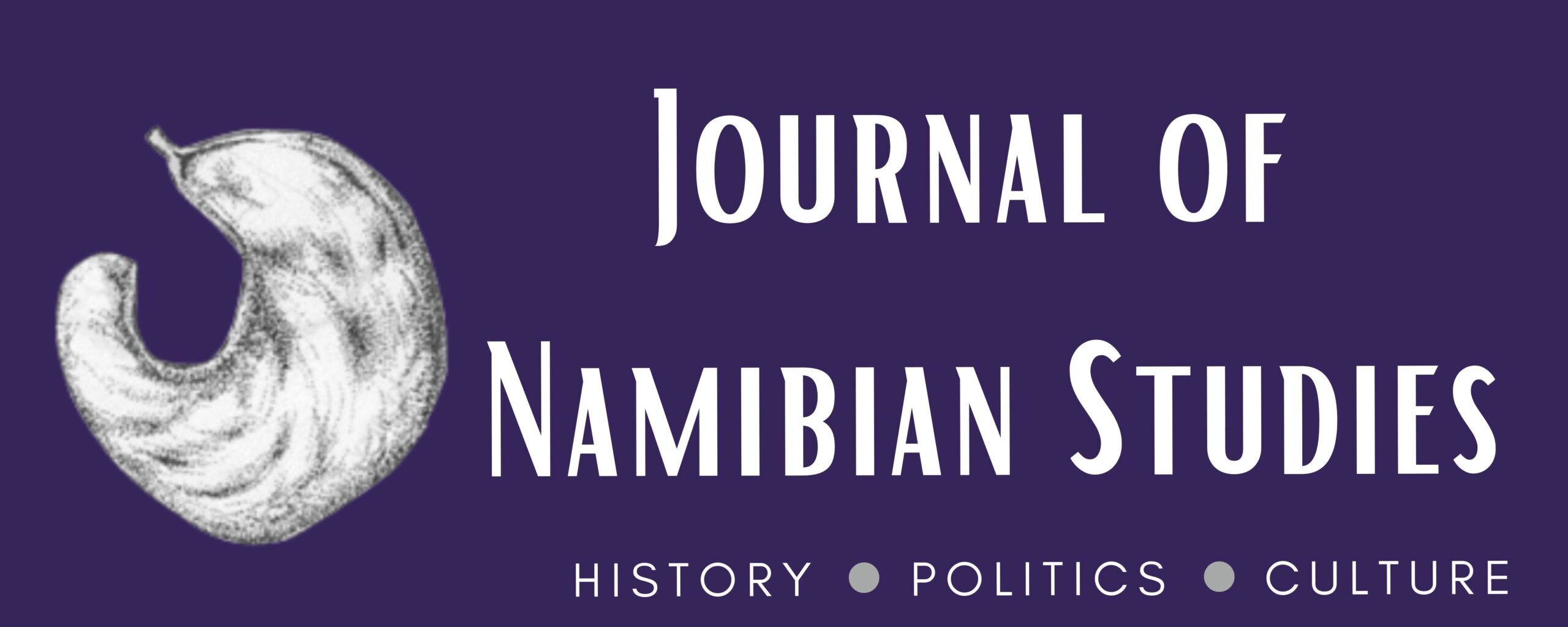Call For paper: Namibian Studies
Manuscripts submitted to this journal will be deemed as they have not been published and are not under consideration for publication elsewhere.
Important Dates :
Last Date for Paper Submission |
30 March 2023 |
Acceptance/Rejection Notification |
As early as possible, based on the reviewer’s reply. |
Review Result |
maximum 2 days after Receiving Article |
- Submit your paper in MS word format (.doc or .docx)
Submit your paper to the respective journal mail id.: editor@namibianstudies.com
Article sent for regular issue and Special Issue. Must be mension regular or special in email.
Submission
- Click here for Paper Submission
The Special Issue produced by the Journal of Namibian Studies – ISSN online 2197-5523 aims to be available to an academic audience around the world regarding scholarly work and original research of high standards in English. JNS is transdisciplinary and is the only academic journal that focuses on humanities and social sciences which is linked to history, politics and culture
The journal intends to be international in scope and papers accurately promoting universal concepts, theories, and points of view, less known in world literature, are especially welcome. This also applies to manuscripts authored by scientists from outside the core of the systems of world’s socio-humanities, which give chances for direct discussion with no mediation of the core.
The journal publishes theoretical and methodological, as well as firmly theoretically-based empirical papers that contribute to a cross-disciplinary debate. A philosophy of the journal is that good theories and strong methodologies are essential for successful practice. Critical texts, including articles reviews, are welcome. Both quantitative and qualitative texts are accepted for publication, based on either positivist or humanist methodology if they meet high standards of the scholarly peer-review.
Special issue objectives
- Demonstrate modern practices in scientific research in the humanities and social sciences and their role in community service.
- Illustrate the effects, reflections, and determinants in terms of human, social, legal, political, linguistic, educational, and technical aspects after recovery from the global health pandemic, and try to find ways to remedy them.
- Discuss the most important challenges and obstacles related to the present humanities and social sciences within the local, Arabic, regional, and global reality trying to face and find ways to address them.
- Contribute to the intellectual proximity between researchers and the exchange of local and international experiences in the fields of humanities and social sciences.
- Shed light on advanced scientific developments in the humanities and social sciences that blend reality with future solutions.
- Look up close and far recent trends and challenges in the field of social sciences, humanities, and education.
- Encourage the researchers play a significant role in scientific and applied research in the field of humanities and social sciences in an accurate and broad manner.
- Learn about the most important international and local practices in scientific research and their impact on societies Peer Review Proces
The submitted articles must be ready for blind reviews and must bear no trace of the author’s identity. The initial selection of papers will be made by the Editor and the Editorial Board. Suggestions for revision will be sent to the authors of the papers recommended for publication after revision. We are proud of supplying our authors with substantial referee reports, subject to a turnaround time of about three months until the first decision. Accepted work is typically published within a determined period of acceptance.
- Statement of Publication Ethics and Publication Malpractice
The Special Issue is committed to the academic community and the lay world in ensuring ethics in publication and the quality of articles in the publication. The plagiarism rate must be less than 15% and is strictly condemned. Papers found to be plagiarized will be removed or not published in the Journal of Namibian Studies. While signing the publication agreement, the author(s) have to warrant that the article and associated materials are original and do not infringe on the copyright of anyone. Also, the authors have to warrant that there was a full consensus of all the authors and that the submitted work was neither submitted nor published previously.
